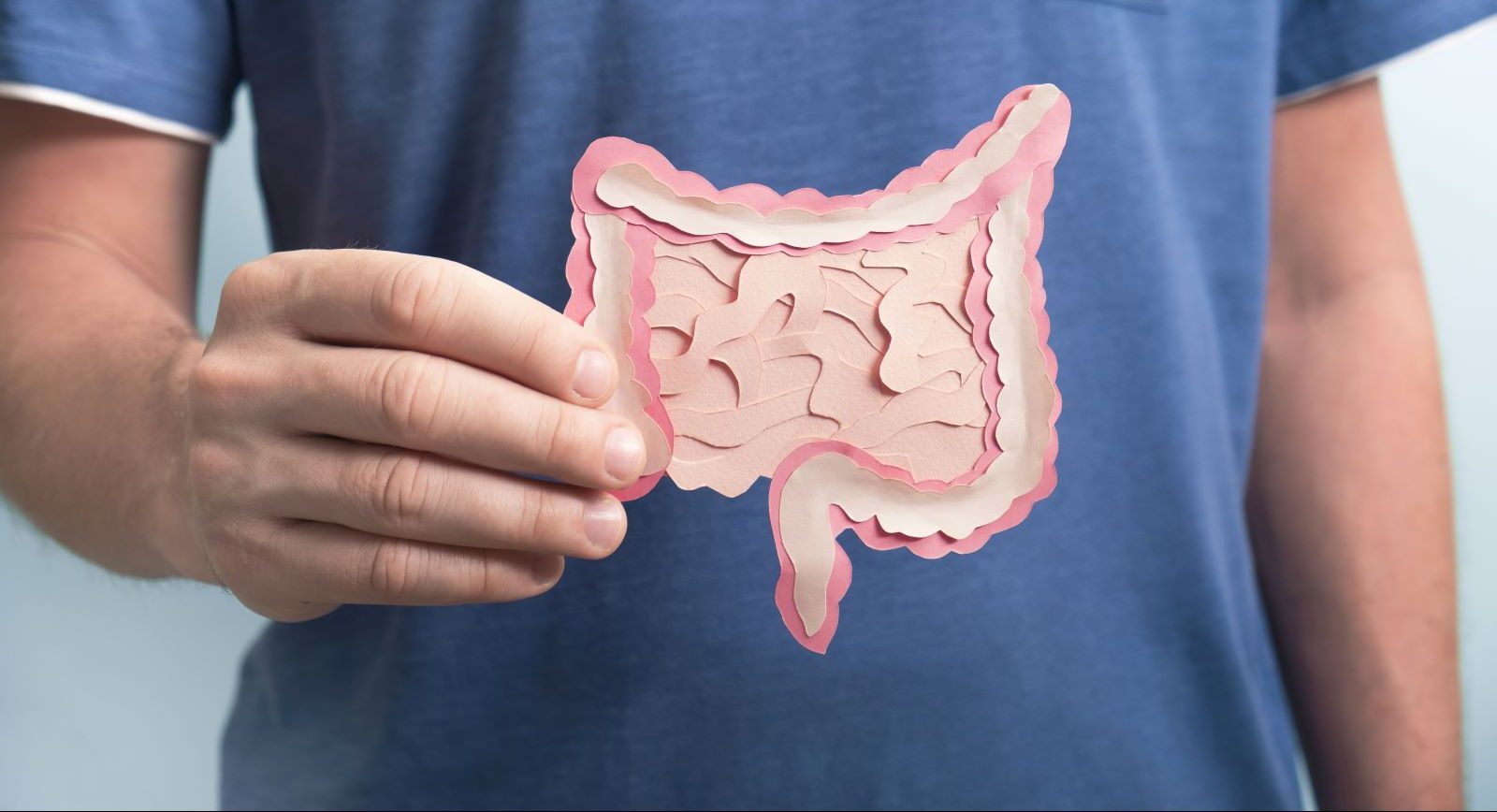<< Back
I Have Blood in My Stools – Should I See a Doctor?

January 12, 2023
Discovering blood in your stools after using the bathroom can be scary. But it may not always be a cause for panic, says gastroenterologist Benigno Varela, MD, a physician with Hartford HealthCare’s Digestive Health Institute.
“Any time you experience a bloody stool, you should call your provider, but not every bloody stool is an emergency,” Varela says. “It’s important to know when to go to the emergency room and when to call your regular doctor and make an appointment.”
So how do you know the difference? Dr. Varela breaks down common causes of bloody stools and which ones you should worry about.
> Connect with the Digestive Health Institute
It could be hemorrhoids or an anal fissure
If you experience occasional spotting with bright, red blood, it’s likely hemorrhoids, which can become damaged or irritated and start bleeding.
“This can usually be treated with lifestyle modifications and fiber supplements,” Varela says.
Non-emergent symptoms include:
- Blood after wiping or seeing a small amount of blood in brown stools, which can indicate hemorrhoidal bleeding
- Severe pain during defecation, which can indicate an anal fissure
But it could also be a gastrointestinal issue or infection
If, however, you see blood clots, experience gushing blood, a drop in blood pressure, feeling lightheaded or on the verge of passing out, a trip to the emergency room is warranted.
“Those symptoms are indicative of an active, significant bleed that needs immediate treatment,” he says. Causes can include diverticular bleeding or upper GI bleeding like an ulcer in the stomach.
Other symptoms that warrant an urgent evaluation include:
- Black stools, which can represent digested blood originating from the small bowel, stomach, or esophagus. Note, though, that certain medications such as Pepto-Bismol or iron supplements can cause stools to become dark.
- Significant or severe abdominal pain or cramping, which could indicate inflammation or an infection requiring antibiotics.
Bloody stools in patients using blood thinners is also more of an emergency than in those not on the medications.
A sign of something more serious
Varela says anyone experiencing bloody stools or rectal bleeding should talk with their doctor because colorectal cancer in younger adults is on the rise. That statistic is part of the reason why the recommendation for colonoscopies to begin is now age 45, lowered a few years ago from age 50.
“In the last two decades we’ve seen a 1.3% increase per year in death from colorectal cancer in people younger than 50,” he says. “Because of this, we now offer colonoscopies (for evaluation of rectal bleeding) sooner rather than later.”
> Schedule my colonoscopy today
What to expect if you go to a gastroenterologist
A visit with a gastroenterologist may be the first step for patients with any of these symptoms. The process of diagnosis typically begins with a digital rectal exam. That’s generally how doctors identify hemorrhoids or fissures.
Doctors may also use a colonoscopy to view the rectum and large bowel. An endoscopy, alternatively, can be used for any suspected upper GI bleeding.